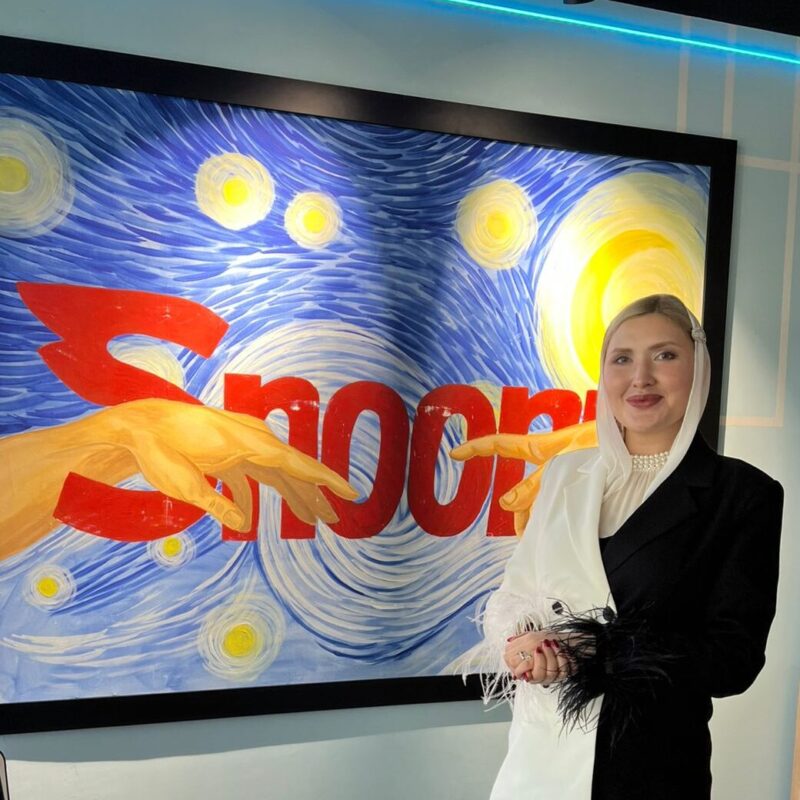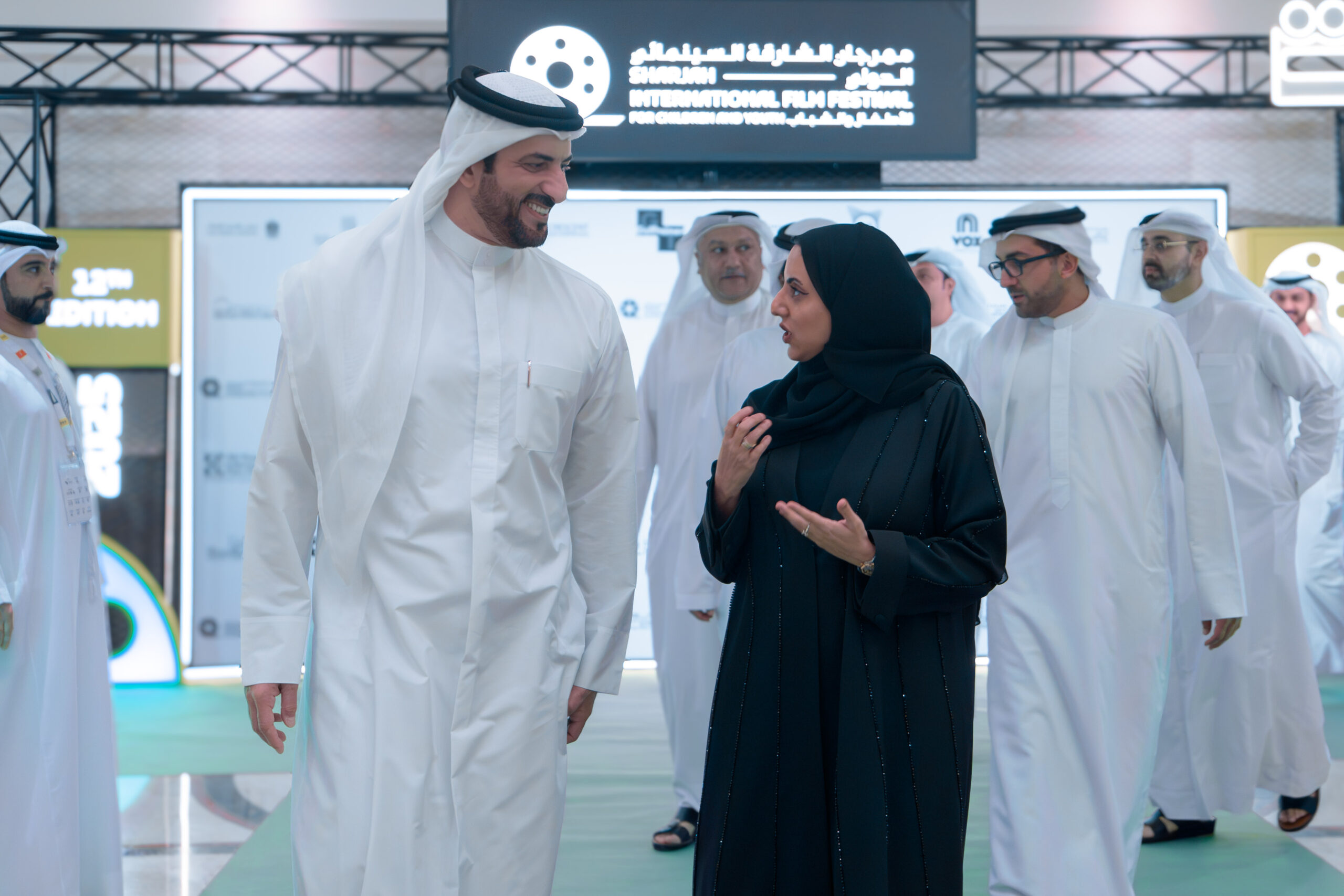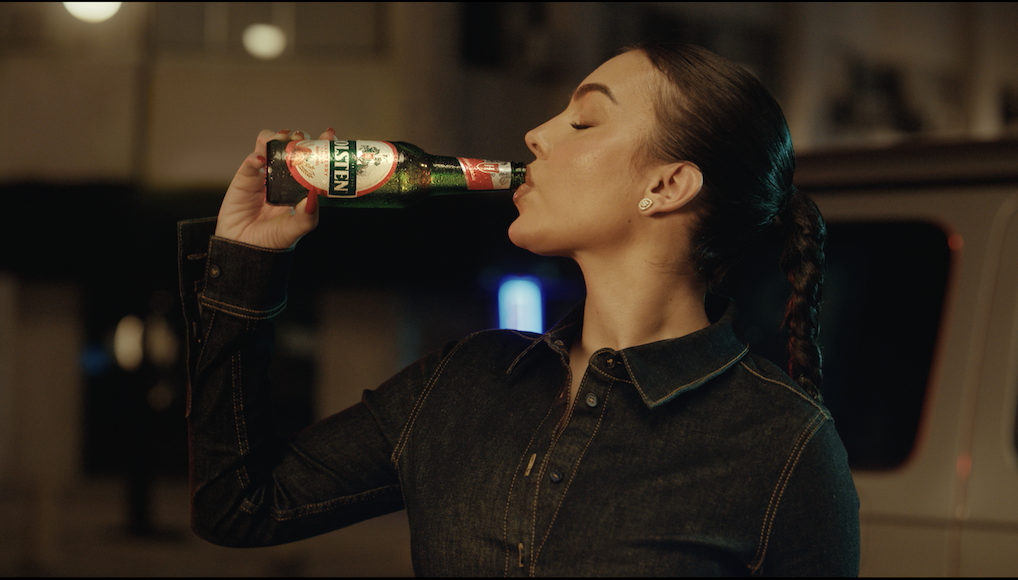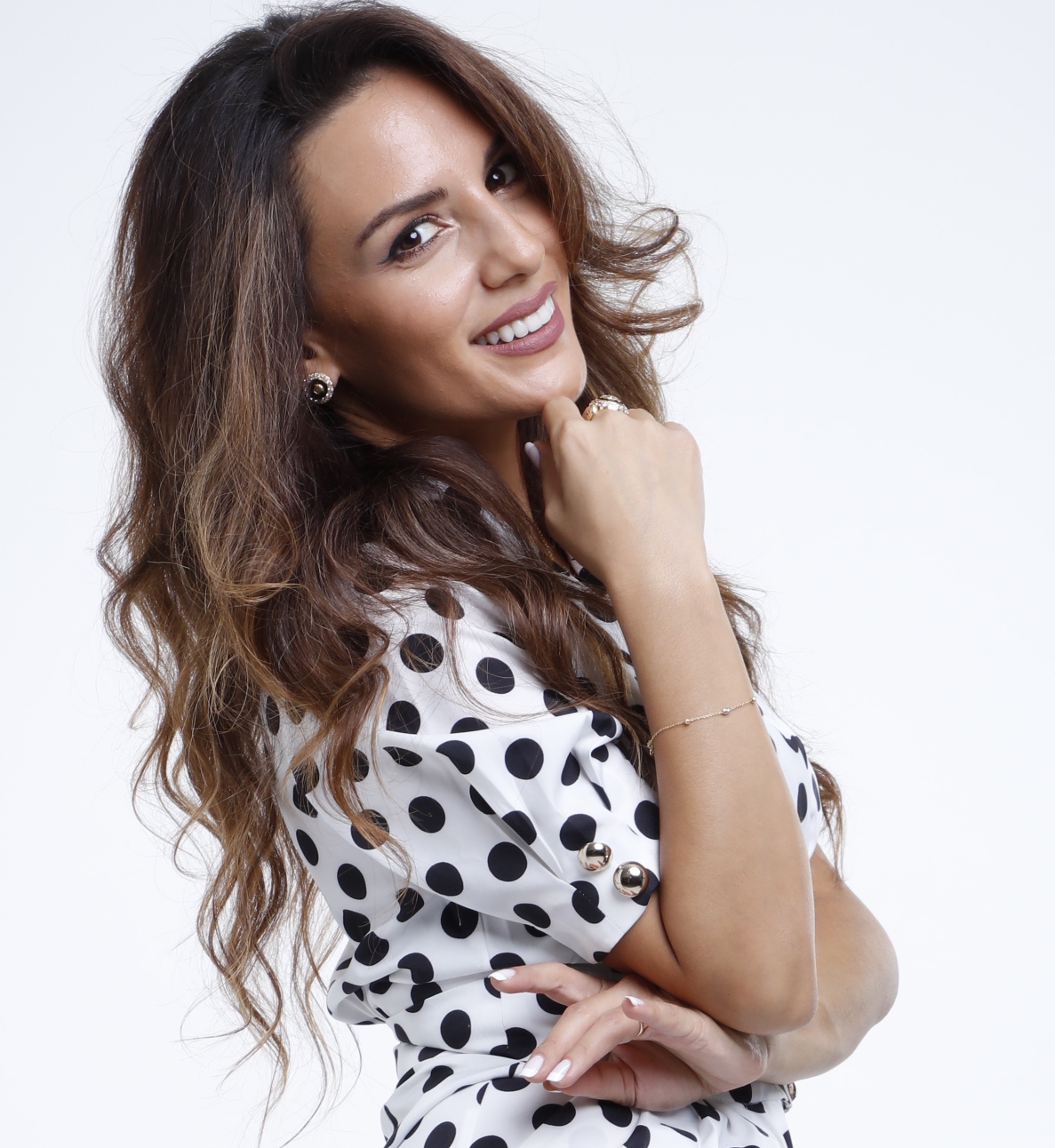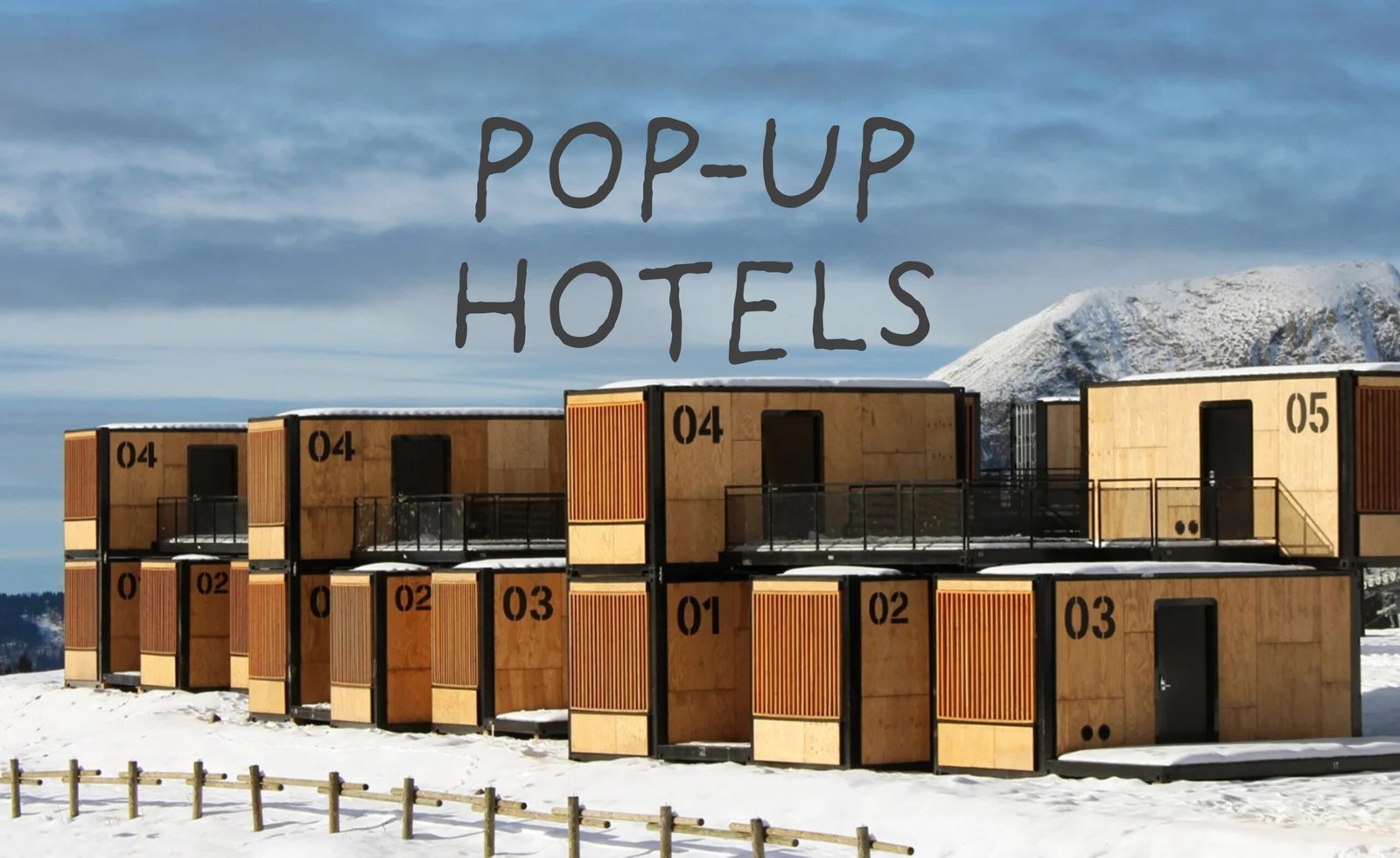Zeina Daccache What inspired you to create “Li Chabakna Ykhallesna”? What message do you want people to take from it?
I have been writing this play for the theater for around one year. I would get ideas about some of the scenes, but without much clarity. For example, I had the idea to portray how the Lebanese people were behaving during the time of war, as they were seeking answers for whether the war will persist, if it will spread, etc. Then, I sat with Joseph, the former prisoner, and came up with another scene about a different theme. Then, I got the idea to incorporate more comedy into the play since it deals with heavy themes, which led to the addition of Sam Ghazal. It wasn’t until this last month in December that it all came together. I would leave the message to be up to the viewers who watched it. But, in essence, I wanted to portray the reality of living as a Lebanese person, which brings incredible challenges no matter what your circumstances are. It’s also about hope and people who repent and want to have a second chance at life. A big part of it also focuses on the past and how we can make peace with it, especially with our parents and how they raised us.
How was your experience working with Joseph, a former prisoner, and Sam Ghazal, a comedian? How did their stories shape the play? Did you take inspiration from their stories?
I took inspiration from their stories for sure. The method I used was self-revelatory performance, a type of theater in drama therapy. As a drama therapist and as I did in my past experiences in jails and in previous plays, I use reality and portray it on the stage. It’s inspired by both my personal life and that of others.
Can you tell me more about the title? How does this theme connect to what’s happening in Lebanon today?
“Li Chabakna Ykhallesna” is derived from Abdul Halim Hafez’s song Gana Al Hawa, which I love. I was sitting in the car and was wondering what to call this play, and suddenly I felt like this was the most suitable title, since this play talks about everything we are dealing with internally and with others. Whether it is our past, this country and all its traumas and wars, it is with hope that this will end.
What impact do you hope this play will have on the audience, both in Lebanon and beyond?
The play has been showing for 2 weeks now, and I can tell you about the impact it has had so far. On the individual level, people are making peace with themselves, with the emotional weight they carry, and even with their families. Some would even tell you they can’t stop crying tears of joy. They were inspired by the characters in the play who would do nice things for others for no reason, chanting the famous statement in the play, “Lesh laa?”. As such, we can consider the play a form of group therapy as it was able to influence this change.
What was the significance of the paper planes?
The paper planes symbolized innocence in how one deals with things and knowing what to let go of. In a scene prior, Joseph and I were torn about what to do with the pictures of our deceased loved ones. However, the kids in the play, my daughter and one of Joseph’s young relatives, found a solution. They turned them into paper planes and started sending them “to heaven”, as they said, without overthinking about what to do with these pictures. Each one can choose to send their past memories, moments, and stories wherever they want – and they might even choose to keep them.
To watch Zeina Daccache’s previous award-winning films, you can go to https://dafilms.com/.
https://www.instagram.com/zeinadaccachelebanon/?hl=en



